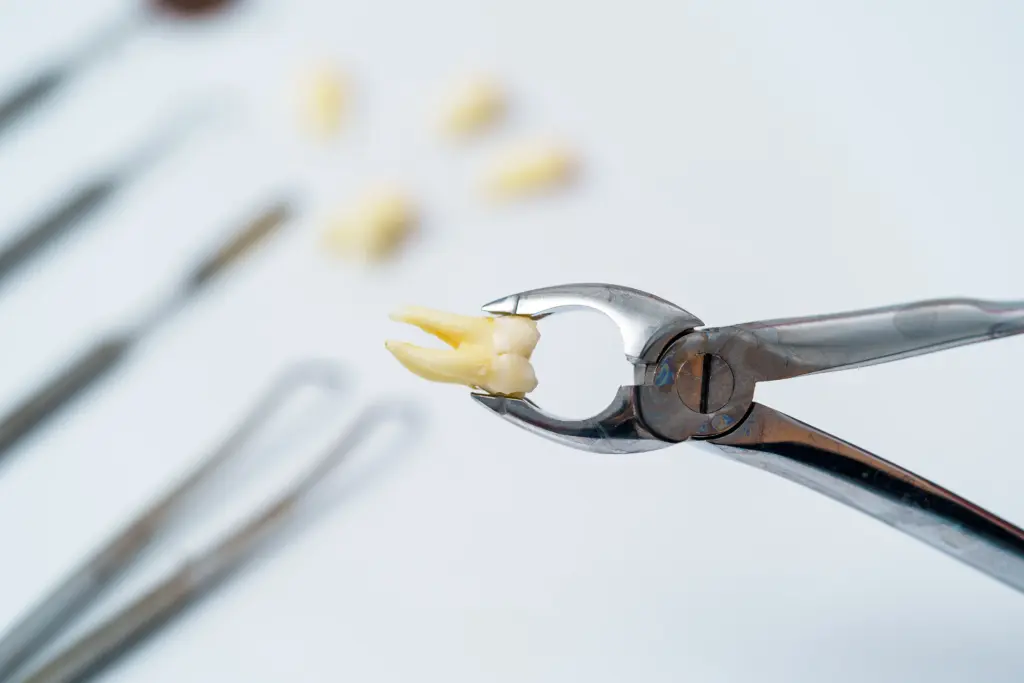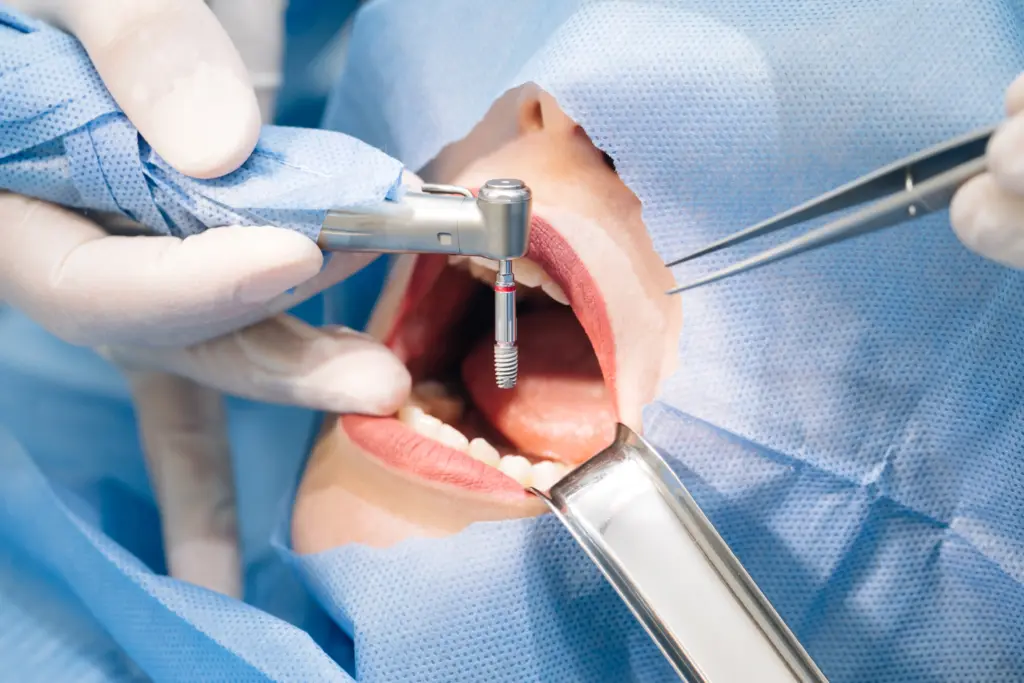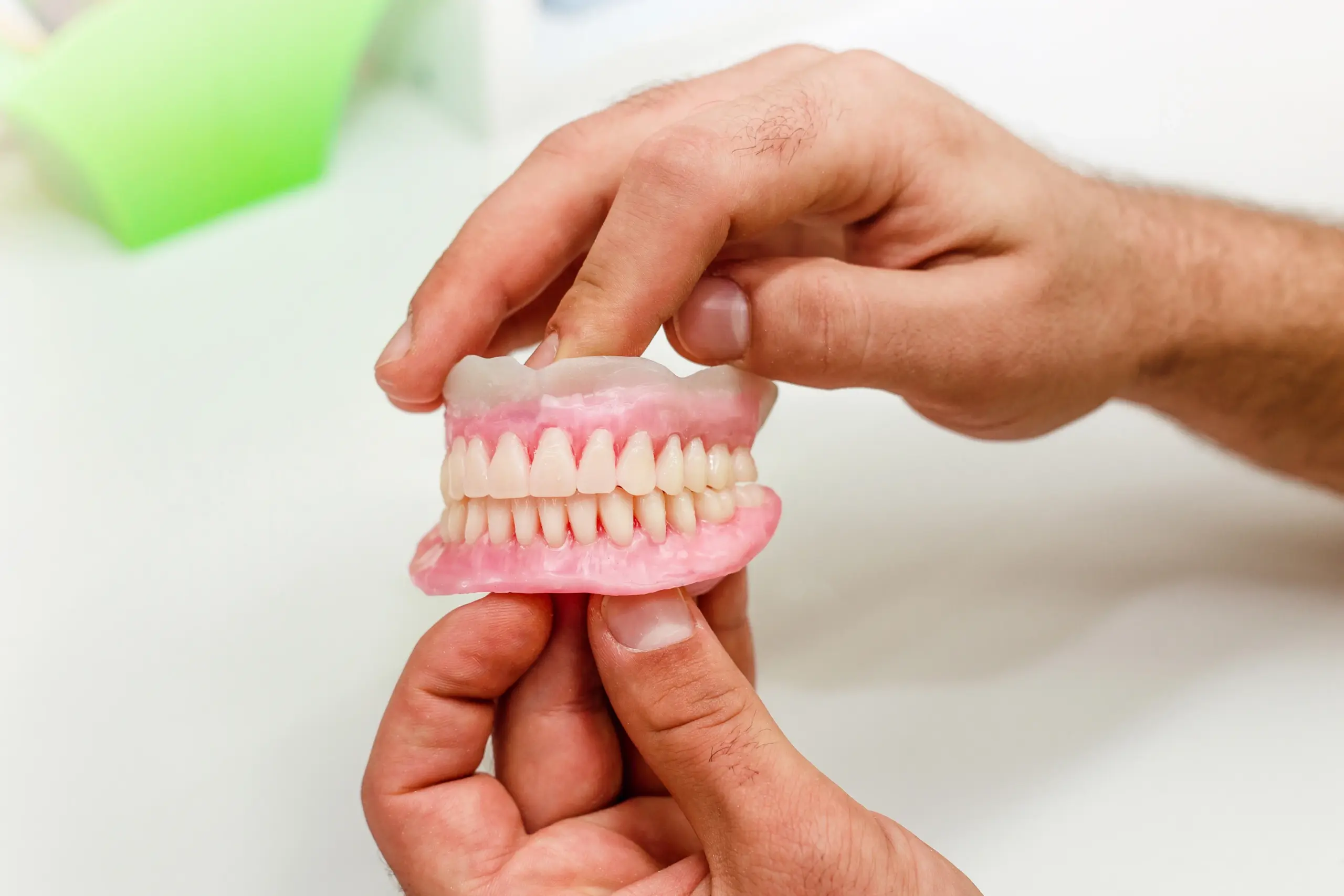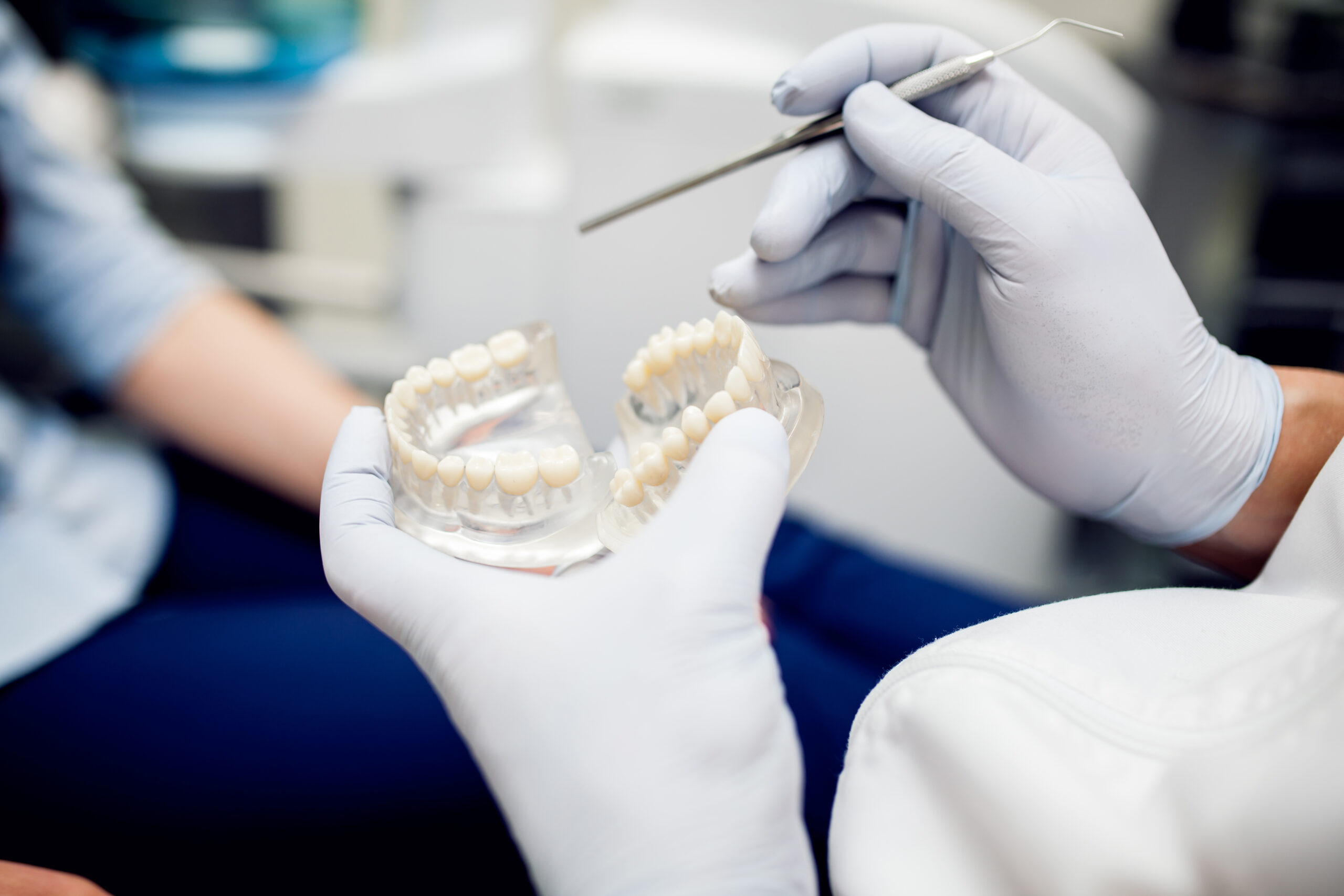Tooth extraction, while sometimes necessary, can be a daunting prospect, particularly when considering the potential costs involved. This comprehensive guide aims to demystify the pricing structure surrounding tooth extractions in the UK, providing you with the information you need to budget effectively and make informed decisions about your dental care.
| Factor Affecting Cost | Description | Typical Cost Range (GBP) | Notes |
| Type of Extraction | Simple (visible, accessible tooth) | £70 – £250 per tooth | Generally lower cost, local anaesthetic used |
| Surgical (impacted, broken, complex) | £200 – £450+ per tooth | Higher costs due to complexity may require sedation | |
| Wisdom Tooth (impacted, often multiple) | £250 – £600+ per tooth (single) <br> £1000+ (all four) | Highly variable, depends on impaction and number of teeth | |
| Anaesthesia | Local Anaesthetic | Included in extraction fee (usually) | Numbing of the immediate area |
| Sedation Dentistry | £200 – £500 per session | Relaxes the patient, additional cost | |
| General Anaesthetic | £1000+ | Patients unconscious, usually hospital setting, have the highest cost | |
| Dentist | Experience & Qualifications | Variable | More experienced specialists may charge higher fees |
| Location (e.g., London vs. rural) | Variable | Urban areas often have higher overheads | |
| Additional Costs | X-rays (pre-op) | £50 – £150 (approx.) | Essential for assessment |
| Medications (post-op) | Variable | Pain relief, antibiotics, etc. | |
| Insurance | Coverage | Variable (check policy) | Percentage or fixed fee coverage, deductibles, copays, and annual maximums apply |
| In-Network vs. Out-of-Network | Variable | In-network usually cheaper | |
| Uninsured Options | Dental Discount Plans | Variable | Reduced fees for plan members |
| Community Clinics/Dental Schools | Reduced fees/sliding scale | For eligible patients | |
| Payment Plans/Financing | Variable | Offered by some practices |
What Factors Influence the Price of a Tooth Extraction?
Several key elements contribute to the overall cost of tooth extraction. Understanding these factors will help you anticipate expenses and discuss treatment options with your dentist.
- Type of Tooth and Complexity of Extraction: A simple extraction, involving a tooth that is visible and easily accessible, typically costs less than a surgical extraction. Surgical extractions are necessary when a tooth is impacted (partially or fully beneath the gum line), broken, or requires sectioning for removal. Wisdom teeth, often impacted and awkwardly positioned, frequently necessitate surgical intervention, thus increasing the cost. Think of it like repairing a car: a simple tyre change is cheaper than replacing the entire engine.
- Anaesthesia Options and Associated Costs: The type of anaesthesia you require will also impact the final bill. Local anaesthetic, commonly used for simple extractions, numbs the area around the tooth. Sedation dentistry, which helps patients relax during the procedure, or general anaesthetic, which renders the patient unconscious, are usually employed for more complex extractions or patients with dental anxiety. These more involved anaesthesia techniques incur higher costs due to the specialized expertise and monitoring required.
- Dentist’s Experience and Location: Just as a seasoned mechanic might charge more than a novice, a dentist’s experience and qualifications can influence their fees. Dentists with extensive experience in oral surgery or complex extractions may charge higher rates. Geographical location also plays a role. Dental practices in major cities, particularly London, tend to have higher overheads, which are often reflected in their pricing compared to practices in smaller towns or rural areas.
- Pre- and Post-Operative Care Expenses: Before your extraction, you might require X-rays to assess the tooth’s position and surrounding bone structure. These diagnostic images contribute to the overall cost. Following the procedure, you may be prescribed pain medication or antibiotics, adding further expense. Think of these as the necessary preparations and aftercare, similar to the cost of ingredients and cleaning supplies when baking a cake.
- Dental Insurance Coverage and Out-of-Pocket Expenses for Tooth Extractions: If you have dental insurance, it’s crucial to check your policy details regarding coverage for tooth extractions. Some policies cover a percentage of the cost, while others may have specific limitations or waiting periods. Be aware of your deductible (the amount you pay before insurance kicks in), co-pay (your share of the cost per visit), and annual maximum (the total amount your insurance will cover in a year). Understanding these elements will help you estimate your out-of-pocket expenses.
What are the Typical Cost Ranges for Tooth Extractions in the UK?
While prices vary based on the factors mentioned above, here are some general cost ranges for tooth extractions in the UK:
- Simple Tooth Extraction Cost Guide: A simple tooth extraction typically ranges from £70 to £250 per tooth. This covers the cost of the extraction itself, local anaesthetic, and standard post-operative care.
- Surgical Tooth Extraction Cost Breakdown: Surgical extractions are more complex and therefore more expensive. The price can range from £200 to £450 or more per tooth, depending on the difficulty of the procedure and the type of anaesthesia used.
- Wisdom Tooth Extraction Cost Estimates: Wisdom tooth extractions can vary considerably in cost. A single impacted wisdom tooth extraction can cost anywhere from £250 to £600 or more, and if all four wisdom teeth require extraction, the total cost can easily exceed £1000.
- Cost of Different Anaesthesia Options for Tooth Extraction: Local anaesthetic is usually included in the extraction fee. Sedation dentistry can range from £200 to £500 per session, while general anaesthetic, typically administered in a hospital setting, can cost significantly more, often exceeding £1000.
How Does Dental Insurance Work for Tooth Extractions?
Dental insurance can play a significant role in reducing the financial burden of tooth extractions. Most dental insurance plans offer some level of coverage for extractions, but the specifics vary widely.
- Typical Dental Insurance Coverage for Extractions: Some policies may cover a percentage of the cost (e.g., 80%), while others may have a fixed fee schedule. It’s essential to review your policy documents or contact your insurance provider to understand the exact details of your coverage.
- Understanding Deductibles, Co-pays, and Annual Maximums for Extractions: As mentioned earlier, understanding your deductible, co-pay, and annual maximum is crucial for budgeting. For example, if your policy has a £100 deductible and an 80% coverage rate, you’ll need to pay the first £100, and then your insurance will cover 80% of the remaining cost up to your annual maximum.
- In-network vs. Out-of-network Dentists: Cost Implications for Extractions: Dental insurance companies often have a network of preferred dentists who have agreed to provide services at pre-negotiated rates. Visiting an in-network dentist usually means lower out-of-pocket expenses. Out-of-network dentists may charge higher fees, and your insurance may cover a smaller percentage of the cost.
What if I Don’t Have Dental Insurance and Need a Tooth Extraction?
If you don’t have dental insurance, there are still options to explore to manage the cost of tooth extraction.
- Dental Discount Plans for Affordable Extractions: Dental discount plans offer reduced fees for dental services, including extractions. These plans are not insurance, but they can provide significant savings.
- Community Dental Clinics and Dental Schools for Low-Cost Extractions: Community dental clinics and dental schools often offer reduced fees or sliding scale payments for those who qualify. These can be a valuable resource for affordable dental care.
- Payment Plans and Financing Options for Tooth Extractions: Many dental practices offer payment plans or financing options to help patients spread the cost of treatment over time. Discuss these options with your dentist.
What Can I Expect During and After a Tooth Extraction?
Understanding the procedure and recovery process can ease anxieties and help you prepare.
- The Tooth Extraction Procedure: A Step-by-Step Guide: For a simple extraction, the dentist will numb the area with local anaesthetic and then gently loosen the tooth using specialized instruments before removing it. Surgical extractions are more involved, potentially requiring incisions in the gum tissue or removal of bone.
- Pain Management and Recovery After Tooth Extraction: Following the extraction, you can expect some discomfort. Your dentist will likely recommend pain medication and provide instructions for managing pain and swelling. Rest is crucial for proper healing.
- Potential Complications and When to Seek Dental Attention: While complications are rare, it’s essential to be aware of potential issues such as dry socket (a painful condition where the blood clot in the extraction site is dislodged) or infection. Contact your dentist immediately if you experience severe pain, swelling, bleeding, or fever.
Conclusion: Prioritising Your Oral Health
Tooth extraction costs can vary significantly depending on various factors. By understanding these factors, exploring insurance options, and considering alternative payment methods, you can make informed decisions about your dental care. Remember, prioritising your oral health is an investment in your overall well-being. Don’t hesitate to discuss your concerns and explore all available options with your dentist to ensure you receive the necessary care at a manageable cost.
